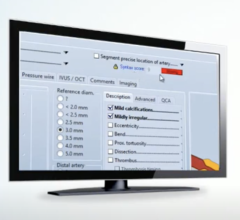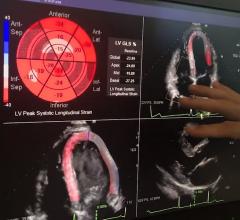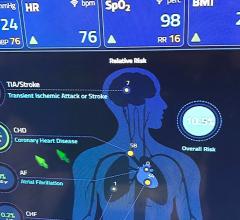
According to the healthcare IT market research firm KLAS, adopting structured reporting is top of mind in the cardiovascular information system (CVIS, or cardiac PACS) market space, but moving the needle has proven difficult. Even when organizations have expanded their deployment of structured reporting, clinician adoption has not always followed. KLAS said a common reason for this is because end-user clinicians are dissatisfied with their system. KLAS spoke to 41 adopters of structured reporting across vendors to find their key takeaways for success.[1]
The research firm is known for its annual “Best in KLAS” rankings for numerous health IT categories, including CVIS. In 2020, Philips IntelliSpace Cardiovascular was named for the top award for the highest ranking among users. Users said they have seen improvements in Philips over what was reported in KLAS’ most recent published report from 2018.[1]
Proactive IT Relationships Need Improvement in CVIS Market
In that CVIS report, clinicians said strong relationships are key to success with cardiology solutions, but relationship gaps are common. KLAS research found Infinitt and Epic customers consistently report that support resources are responsive and quick to resolve challenges and understand the customer organization.
Customers of all other vendors regularly report relationship challenges. Change Healthcare, Fujifilm and GE Healthcare customers said responsiveness lags and that complex support structures can slow down problem resolution. Interviewed Philips customers report they are not kept in the loop on upgrades or changes and lack a transparent view of system capabilities. Agfa HealthCare, Lumedx and Siemens fell short in proactively supporting clinicians through training and other strategies and instead play catch-up to address customer needs, KLAS reported.
As of two years ago, Infinitt and Merge Healthecare (now IBM Watson Health) lead in the key areas that most affect the clinician experience, including end-user training, functionality and relationship. KLAS said Infinitt’s training provided hands-on service, which encouraged customization and template use. The vendor also provided training resources outlining the benefits of structured reporting.
Merge customers said its cardiology and hemodynamics systems are good solutions. Its clinician training is among the strongest of any measured, and their ongoing training helps assists those who struggle with adoption of structured reporting. Traditionally, an excellent account management program has helped Merge develop an organization road map. However, customer satisfaction with account management declined somewhat since IBM acquired Merge.
Epic Lacks Deeper Cardiology Reporting Opening Door For Third-party CVIS Vendors
Epic’s cardiology solution Cupid integrates well with the Epic EMR, and customers benefit from responsive support; these strengths contribute to high consideration from potential customer organizations and a feeling among customer executives that Epic is a solid overall partner. However, when it comes to delivering a good experience for clinicians, customers report significant challenges.
Clinicians said they want Epic to provide deeper cardiology expertise, a stronger implementation methodology, training that is less piecemeal, and more help getting templates properly built and customized for greater clinician buy-in. The workflow, functionality and documentation in Cupid are also opportunities for improving the clinician experience. While Epic has made steady improvements to the functionality, slow development has caused some concern among customers. This has opened opportunities for other vendors who offer deeper CVIS clinical data reporting if their solutions play well with Epic.
Related Cardic PACS Content:
Why Structured Reporting is Needed in Cardiology
10 Questions to Ask When Purchasing a Cardiovascular Information System
It Takes Two to Tango — A Common Sense Approach to CVIS Initiatives
4 Key Trends in Cardiovascular Information Systems
Reference:
1. Cardiovascular Structured Reporting 2018. KLAS Report, Nov. 2018.


 November 06, 2025
November 06, 2025 









